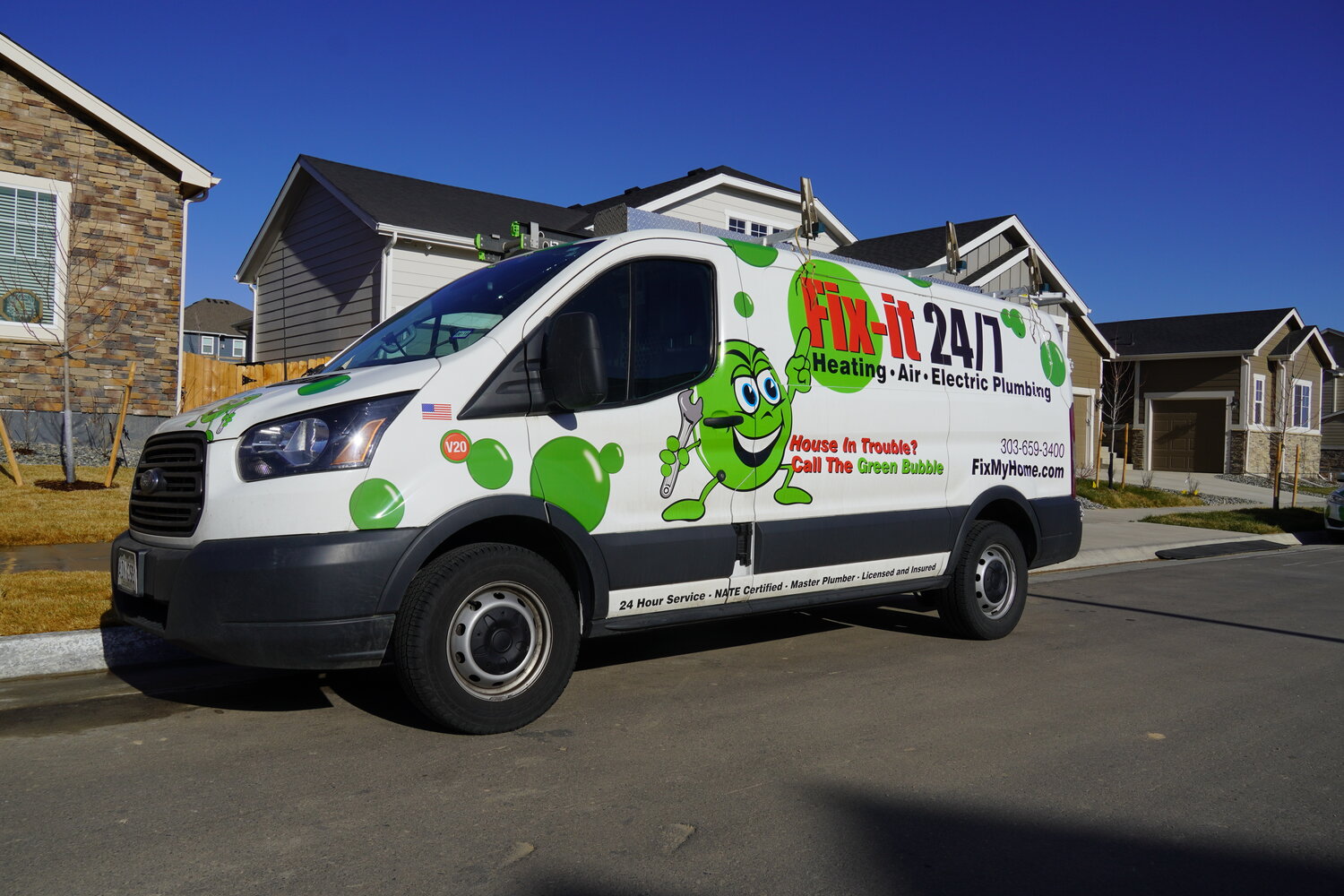Winter in Kiawah Island can bring chilling temperatures that pose a significant risk to your home’s plumbing. Frozen pipes are a serious concern, as they can lead to burst pipes, water damage, and costly repairs. By taking preventive measures, you can protect your pipes from freezing and ensure your plumbing system remains functional throughout the colder months.
Identifying Vulnerable Pipes in Your Home
Knowing which pipes are most vulnerable to freezing is essential for preventing damage. Start by checking pipes in unheated areas, such as attics, basements, and garages. These locations are often exposed to colder temperatures, making them more likely to freeze. Also, pay attention to pipes that run along exterior walls, as they have less insulation from the cold outside air.
Exterior pipes, such as outdoor faucets and garden hoses, are particularly susceptible to freezing. Disconnect garden hoses and shut off water to exterior faucets to minimize risk. If possible, install frost-proof outdoor faucets to provide additional protection.
Indoor pipes can also be at risk. Open cabinet doors under sinks to allow warm air to circulate around the pipes. This is especially important for sinks located against exterior walls. Identifying these vulnerable areas in your home ensures you can take targeted action to protect your pipes.
Implementing Insulation Solutions
Insulating your pipes is a key step in preventing them from freezing. Pipe insulation sleeves, heat tape, and foam pipe insulation are effective materials. These products help maintain a stable temperature around the pipes, reducing the risk of freezing.
Pipe insulation sleeves are easy to install and provide a protective barrier against the cold. Measure your pipes and cut the sleeves to the appropriate length. Slide them over the pipes and secure them with tape or zip ties. Focus on pipes in unheated areas and those along exterior walls.
Heat tape is another solution that can help prevent freezing. Wrap the heat tape around the pipes and plug it into an electrical outlet. The tape provides a consistent source of heat, keeping the pipes warm even in extreme cold. Be sure to follow the manufacturer’s instructions for safe installation and use.
In addition to insulating pipes, consider adding insulation to walls and attics. This provides an extra layer of protection for your home and keeps the overall indoor temperature more stable. Implementing these insulation solutions helps safeguard your plumbing system during the cold months.
Maintaining Consistent Indoor Temperatures
Consistent indoor temperatures help prevent your pipes from freezing. During the winter months, set your thermostat to a stable temperature, even when you are not home. Avoid significant drops in temperature, as this can increase the risk of your pipes freezing.
Use space heaters in particularly cold or vulnerable areas of your home, like basements or car garages. Make sure these heaters are safe for long-term use and placed away from flammable materials. If certain rooms are prone to cold drafts, seal windows and doors with weather stripping or caulk to maintain a consistent indoor climate.
Keep interior doors open to promote warm air circulation throughout your home. This ensures that no specific area becomes too cold and reduces the likelihood of frozen pipes. By maintaining a consistent indoor temperature, you create a more stable environment that helps protect your plumbing system.
Emergency Measures and Seeking Professional Help
Sometimes, despite your best efforts, pipes may begin to freeze or show signs of trouble. In such cases, knowing the emergency measures to take can minimize damage. For instance, if you suspect a pipe is freezing, turn on the faucet to allow a small trickle of water. Running water helps prevent the pipe from completely freezing.
If a pipe does freeze, use a hair dryer, heat lamp, or warm towels to gradually thaw the pipe. Start from the faucet and move towards the frozen area. Avoid using open flames or high-powered heat sources, as these can damage the pipe or cause a fire hazard.
For persistent issues or complex situations, seek the help of our professionals. Our technicians can quickly identify the problem and provide effective solutions to prevent further damage. We are equipped with the tools and knowledge to handle any plumbing emergency.
Conclusion
Protecting your pipes from freezing during the winter months is crucial for maintaining your home’s plumbing system. Identifying vulnerable pipes, implementing insulation solutions, maintaining consistent indoor temperatures, and knowing emergency measures are all essential steps. These practices help ensure your pipes stay functional and free from damage.
When preventive measures fall short, seeking professional assistance is important. Fix It 24/7 Air Conditioning is here to help with all your plumbing needs. Our skilled plumber in Kiawah Island is ready to provide personalized solutions to protect your home. Contact us today to schedule a service and ensure your plumbing system is winter-ready!

